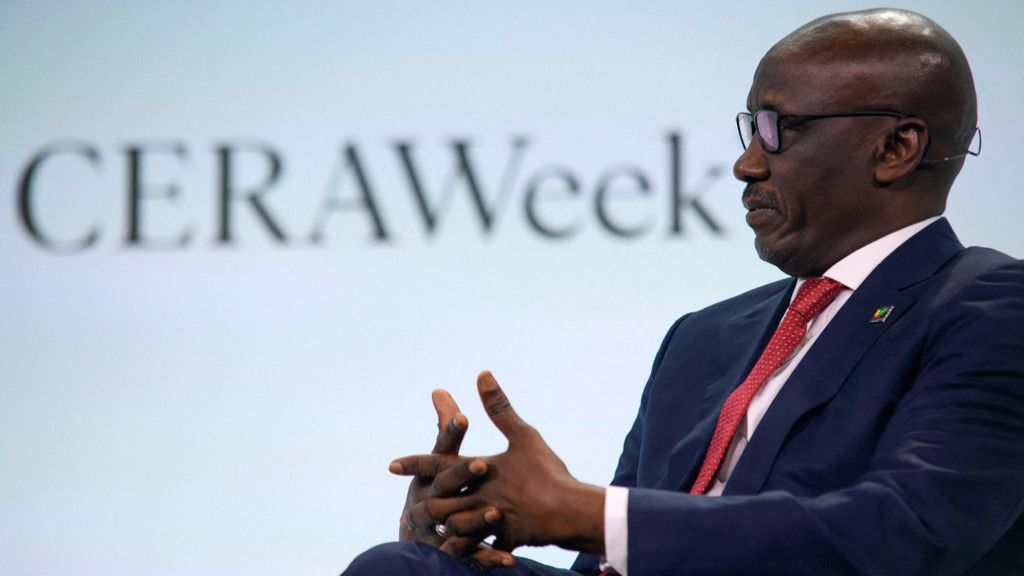The situation surrounding the $2.9 billion allocated for the rehabilitation of Nigeria’s major refineries raises serious questions and concerns. The involvement of 145 civil society organisations alongside human rights lawyer Femi Falana (SAN) highlights concerns about the use of these funds and the transparency of the Nigerian National Petroleum Corporation Limited (NNPCL).
While these funds were intended to revitalise the Port Harcourt, Warri and Kaduna refineries, the results have been far from satisfactory. The Warri and Kaduna refineries remain inoperative, while the Port Harcourt refinery is only partially functioning, processing only 60,000 barrels per day instead of its capacity of 210,000 barrels.
Femi Falana’s statements at the inauguration ceremony of the Nigeria Union of Petroleum and Natural Gas Workers (NUPENG) Tower in Lagos highlighted inconsistencies and allegations of misappropriation of funds. He highlighted the lack of explanation by NNPCL regarding the $2.9 billion allocated to the refineries.
Similarly, the spokesperson of the civil society organisations, Otunba Olaosebikan Aremu, criticised the silence of the NNPCL Group Managing Director, Mallam Mele Kyari, on the issue. He stressed that transparency is key and called for clarification on the receipt and actual use of these funds, as well as the non-functionality of the Warri and Kaduna refineries.
The coalition also pointed out inconsistencies in the production of the Port Harcourt refinery and called on Kyari to explain why the larger capacity portion remains idle.
It is crucial that NNPCL responds transparently to these questions and provides clear explanations on the use of funds allocated for the rehabilitation of the refineries. Nigerians deserve responsible management of these resources that are crucial for the economic development of the country.

